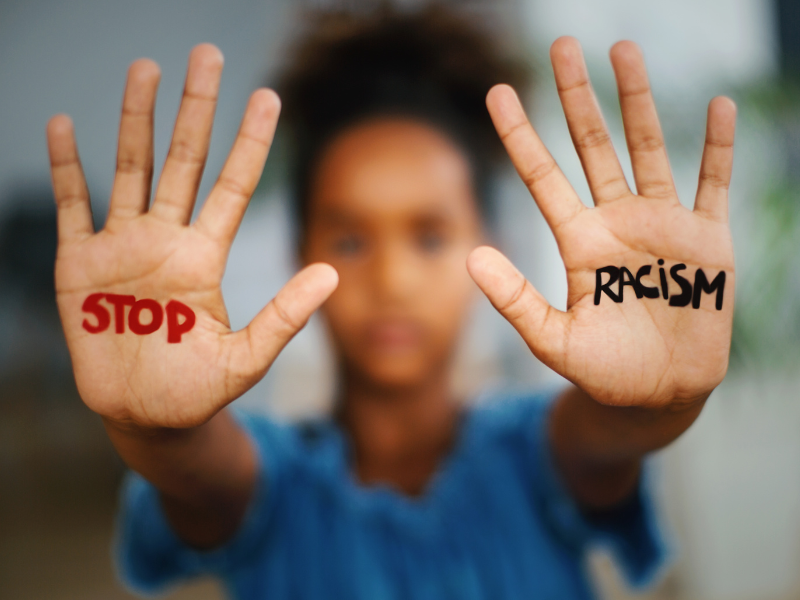The Big Picture: A new series from The Lancet Psychiatry journal underscores the profound impact of systemic racism on mental health disparities among Black Americans, advocating for deeper analyses and community-centered, culturally informed care solutions, according to NYU Langone Health.
Zoom Out: The series highlights over fifty years of research detailing how racism directly contributes to mental health issues, with a focus on community empowerment and resilience as keys to improving mental well-being.
By the Numbers: The analysis shows staggering rates of mental illness and substance use disorders among Black Americans, exacerbated by systemic inequities and a lack of culturally sensitive healthcare provisions.
What We’re Hearing: Experts like Dr. Ayana Jordan from NYU Grossman School of Medicine emphasize the need for the mental health field to move beyond traditional individualized diagnosis to address broader social and systemic factors contributing to racial disparities.
Between the Lines: The systemic issues include lower-quality education, impoverished neighborhoods, high rates of homelessness, and frequent exposure to violence, including police brutality—factors that are often exacerbated by inadequate mental health care systems that fail to acknowledge the lived experiences of Black Americans.
The Backstory: Historically, Black Americans have been underrepresented in medical research and mental health care, receiving less funding and fewer resources, contributing to misdiagnoses and inadequate treatment options.
What’s Next: The authors advocate for a comprehensive reevaluation of how mental health conditions are classified and treated, emphasizing the need for mental health frameworks that recognize and integrate the experiences of racialized communities.
Why It Matters: Understanding and addressing the mental health impact of racism is crucial not only for improving healthcare outcomes for Black Americans but also for advancing racial justice and equity in the healthcare system at large.
The Bottom Line: To genuinely address mental health disparities, it is essential to engage Black sociologists, scientists, and community leaders in reshaping health policies and practices to ensure they reflect and meet the needs of Black communities.
The Life Anew Angle: Life Anew Behavioral Health’s mission aligns with these findings by emphasizing the importance of culturally competent care and community engagement in its mental health services. By incorporating the insights from such research, Life Anew can further tailor its programs to support the mental health of BIPOC communities effectively, promoting empowerment, resilience, and equitable access to care. This approach is essential in moving towards a mental health care system that is truly inclusive and responsive to the needs of all individuals, especially those from historically marginalized groups.




